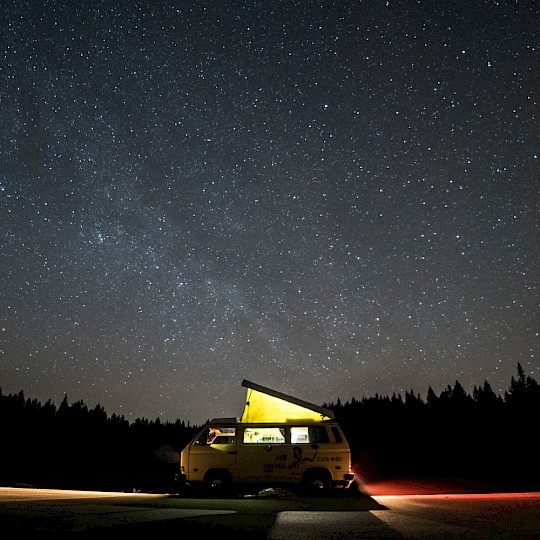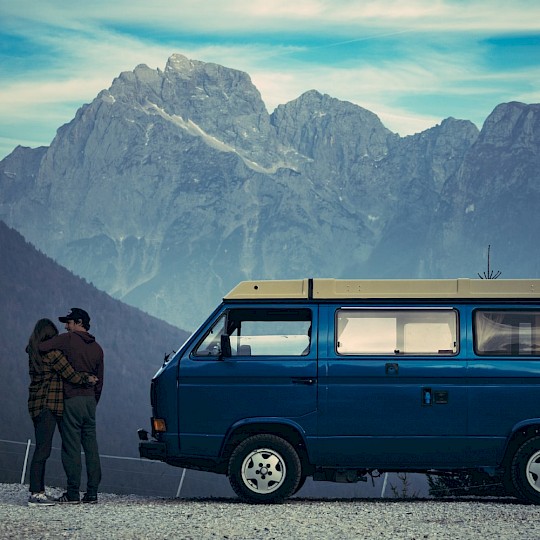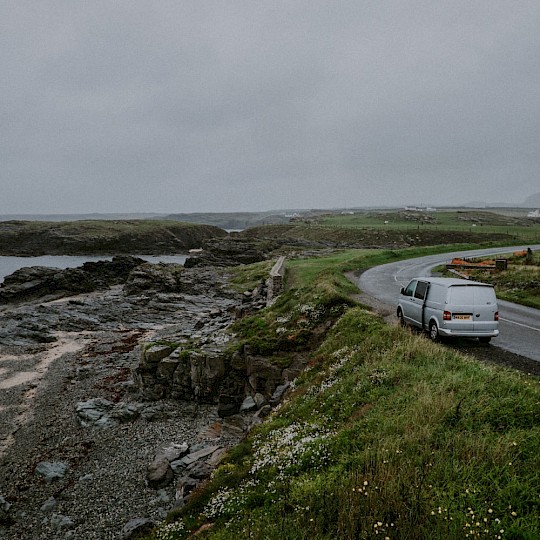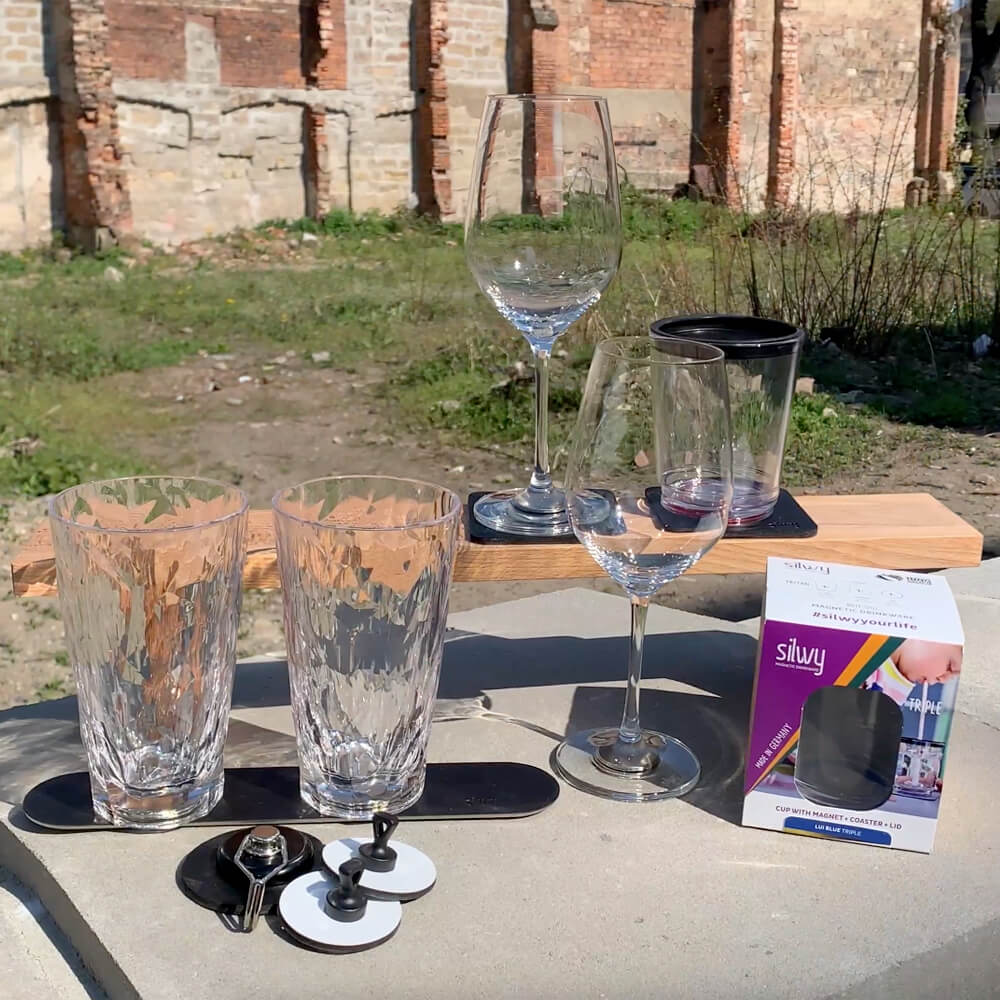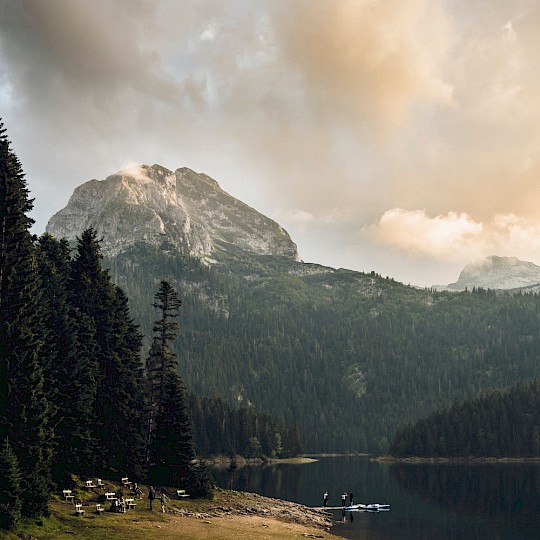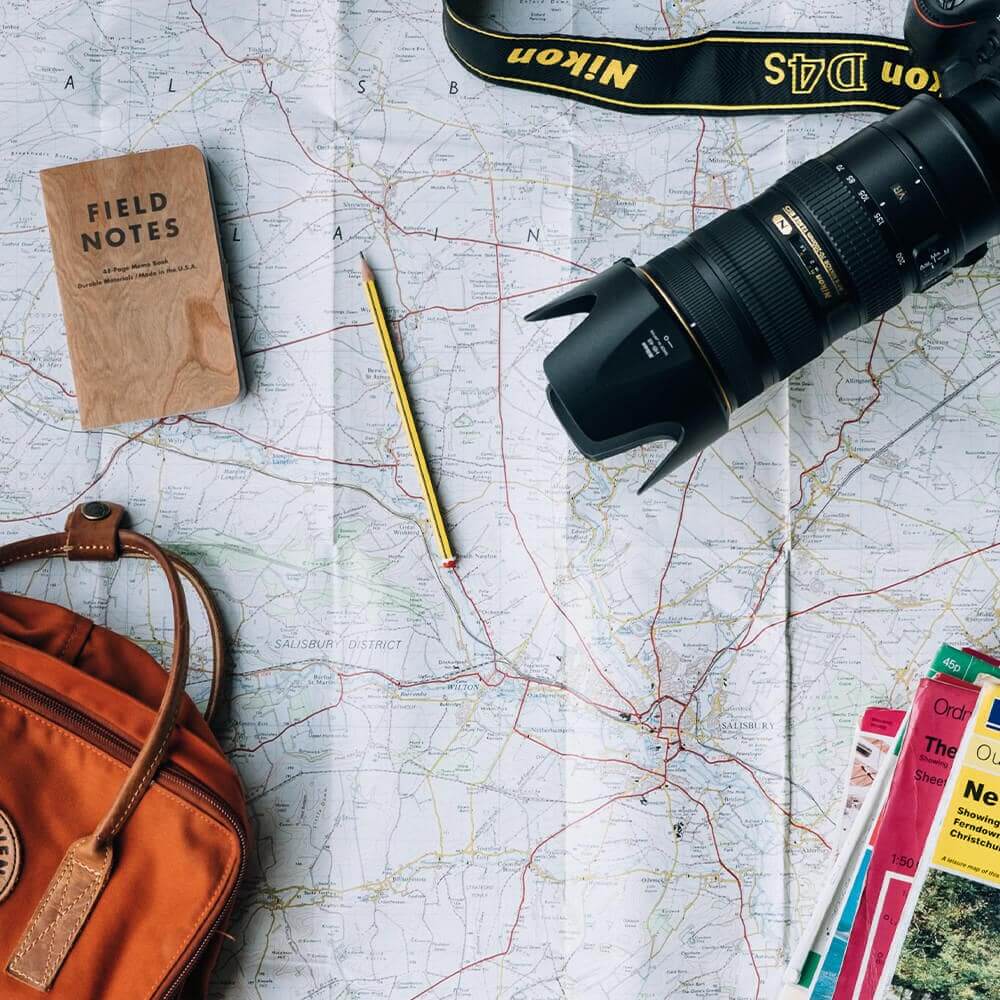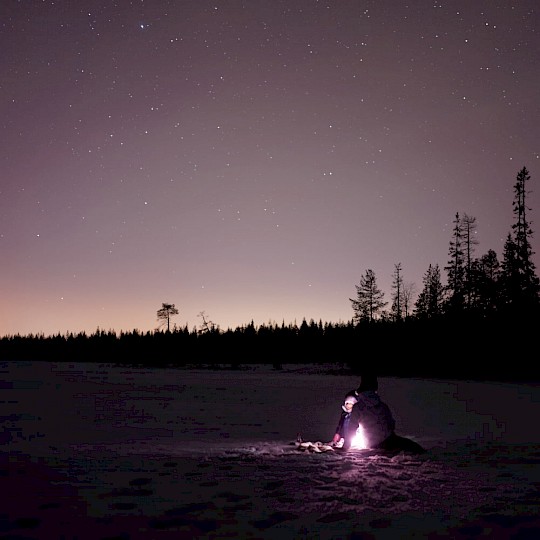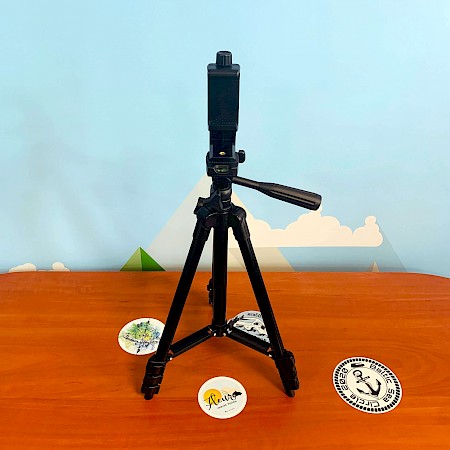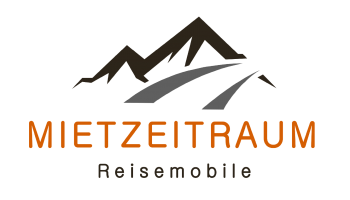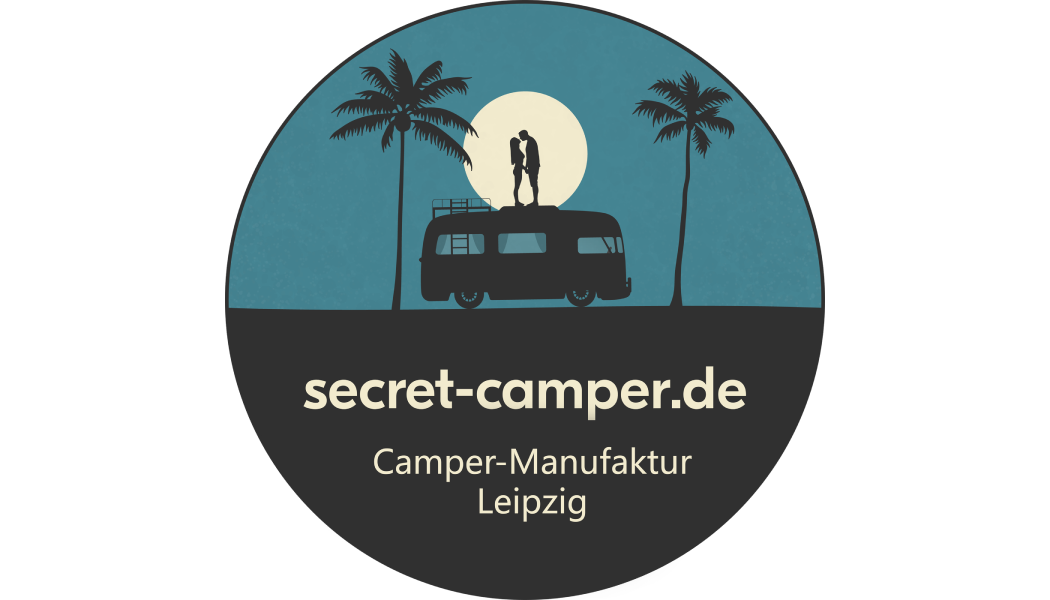Fact #1 - Stara Trta
According to the Guinness Book, the Stara Trta is the oldest vine in the world. What does Stara Trta mean? It is Slovenian for "old vine."
Fact #2 - Young country
Slovenia celebrated its 25th birthday in 2016. The year was founded in 1991 after the 10-day war.
Fact #3 - Nature
Slovenia is almost 60 % covered with forest and is home to about 500 to 700 brown bears. One of the largest populations in Europe.
Fact #4 - Chimney
The chimney of the thermal power plant in Trbolvlje is 362 meters high and thus the highest industrial chimney in Europe.
Fact #5 - Melania Trump
Melania Trump is Slovenian. She is only the second First Lady born outside the USA. Her entry into the USA was illegal, by the way.
Fact #6 - The River Soca
The river Soca is known for its light blue-turquoise color. This is due to its high lime content and the green algae in the river.
Fact #7 - Introduction of the euro
After just 15 years of its currency, 90 % of the population voted for the immediate introduction of the euro when entering the EU.
Fact #8 - Caves
There are over 10,000 caves in Slovenia, including the second-largest dripstone cave in the world, the Postojna Caves.
Fact #9 - Bee love
Slovenia has only about two million inhabitants, 90.000 of whom are beekeepers. So you shouldn't miss honey here.
Fact #10 - Wine
Wine is an important part of Slovenia. It is not only the oldest vine in the world, but there is also one winery for every 70 inhabitants.




